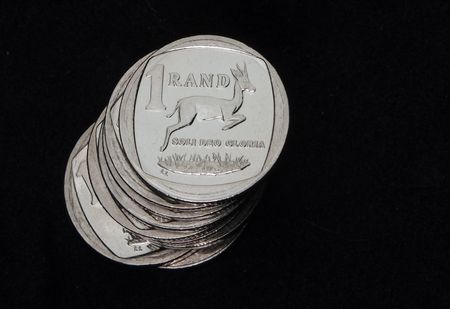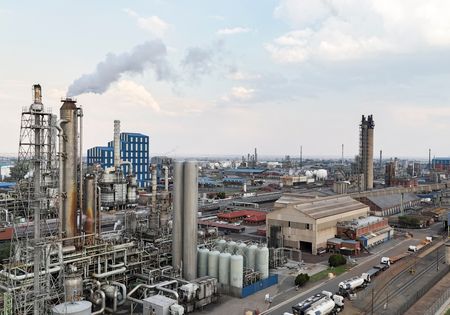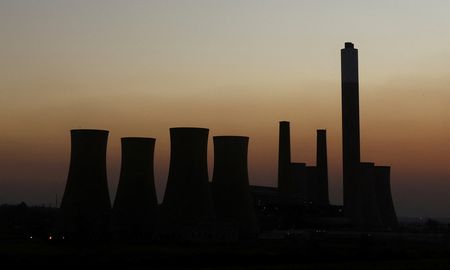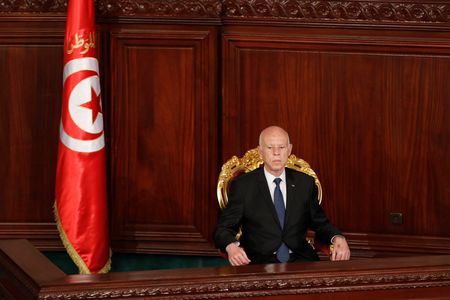By Mohi Narayan
NEW DELHI (Reuters) -Oil prices slipped in Asia on Monday, extending losses from last week, on the prospect of a resumption of exports from Kurdistan’s oilfields, while investors awaited clarity on talks to resolve Russia’s war on Ukraine.
Brent futures were down 1 cent, or 0.01%, at $74.42 barrel, as of 0731 GMT, while U.S. West Texas Intermediate crude futures lost 12 cents, or 0.2%, to $70.28 a barrel.
Both Brent and WTI dropped by more than $2 on Friday, posting weekly declines of 0.4% and 0.5%, respectively.
“The downward spiral in crude oil prices is driven by pressure from the U.S. president on Iraq to resume oil exports from Kurdistan oilfields, which could improve supply flows in global oil markets after nearly two years of disruption,” said Sugandha Sachdeva, founder of New Delhi-based research firm SS WealthStreet.
Iraq will export 185,000 barrels per day from Kurdistan’s oilfields through the Iraq-Turkey pipeline once oil shipments resume, an Iraqi oil ministry official said on Sunday.
Iraq’s oil ministry said all procedures had been completed to allow the resumption of exports through the Iraq-Turkey pipeline, potentially resolving a dispute that has disrupted crude flows.
All eyes remain on the progress of talks to end Russia’s war on Ukraine, which enters its fourth year on Monday. Officials said on Sunday that European Union leaders will meet for an extraordinary summit on March 6 to discuss additional support for Ukraine and European security guarantees.
This comes after U.S. President Donald Trump initiated talks with Russia on ending the war but without inviting Ukraine or the European Union to the table. A senior Russian diplomat said Russian and U.S. teams plan to meet this week to discuss improving relations.
Sanctions by the U.S. and EU on Russian oil exports have curbed its shipments and disrupted seaborne oil supply flows. Global energy supplies are expected to increase if a peace deal is reached and sanctions are lifted.
Oil prices will be influenced by geopolitical developments and U.S. policy announcements in the short term, Sachdeva said.
In the Middle East, a Hamas official said talks with Israel through mediators on further steps in a ceasefire agreement are conditional on Palestinian prisoners being released as agreed.
Israel and Hamas have frequently accused each other of violations since the ceasefire started on January 19, but so far it has continued to hold.
(Reporting by Mohi Narayan and Emily Chow; Editing by Sonali Paul and Sherry Jacob-Phillips)











